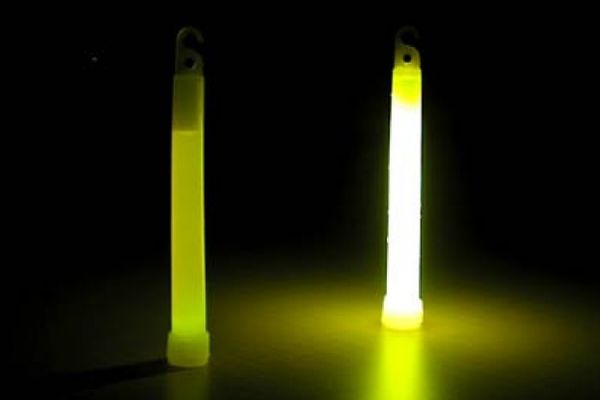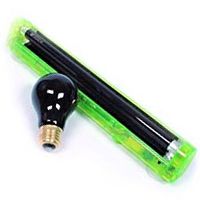Are you simply dying to get a tattoo but, for various reasons, can't? This isn't an unreasonable fear. Maybe your work environment frowns on body ink. A 2013 study titled "Professionalism in the Workplace" found that 61 percent of human resources managers felt visible tattoos would hurt a prospective employee's chances in an interview [source: Polk-Lepson Research Group].
Perhaps you're afraid of how your parents might react. Maybe you're in a position of authority where a visible tattoo isn't quite appropriate. Or, you just feel that a tattoo is something intimate for you and only the people you choose to see it.
Advertisement
The emerging trend of glow-in-the-dark tattoos might be the answer to your problems. Before you run out and get one, though, you should learn a bit about them.
Many people (and websites) use the terms "glow-in-the-dark" and "UV" for tattoos interchangeably. However, they aren't the same.
- A glow-in-the-dark tattoo is typically difficult or impossible to see in regular daylight. In the dark, the ink activates and the tattoo glows.
- A UV tattoo, sometimes called a black light tattoo, shows up only under the glow of a black light.
Glow-in-the-dark tattoos rely on phosphorus in the ink to glow in the absence of light. Phosphorus is a possible carcinogen and has fallen out of favor with most tattoo artists [source: American Cancer Society].
Today, UV tattoos are more in vogue. Resembling a light outline, scar or faded tan lines, these tattoos are also hard to see in plain light. Some people like to get color on their UV tattoos anyway, so the tattoos appear more vibrant under a black light.
But UV ink may not be 100 percent safe, either. Dermatologists report allergic reactions such as skin rashes in patients with UV tattoos [source: Tattoo.com]. If you decide to get a UV tattoo, you may have a hard time finding a willing artist. Because of the potential allergic reactions, many tattooists shy away from UV inks.
If you do find an artist, ensure he or she is experienced in UV tattooing and ask to see previous work. At any sign of infection post-tattoo, get medical attention right away. Also, keep in mind that the U.S. Food and Drug Administration (FDA) has never approved any tattoo ink for human skin, so if your artist claims any ink is FDA-approved, think twice before settling into the chair.
Advertisement



